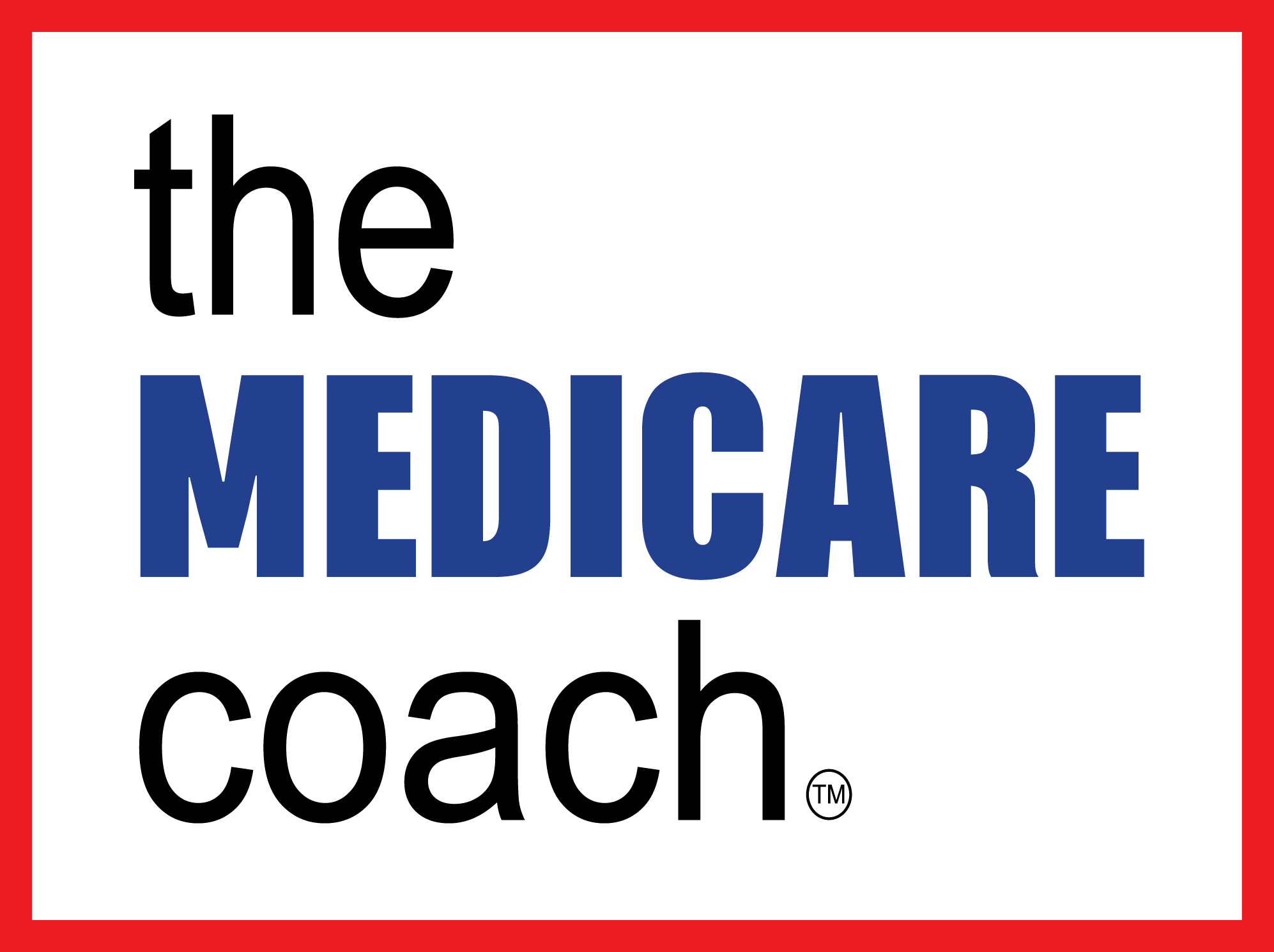Medicare Part D Prescription Beneficiaries need to compare plans everyyear!
By Larry Weigel
According to the Kaiser Family Foundation study conducted in October of 2013, 87% of Medicare Part D beneficiaries did not change their prescription plans between enrollment years 2006 and 2010. The Medicare prescription market place was designed to offer competitive pricing among all insurance providers. If the policy holder does not compare their plan cost with other options, he or she is benefitting the insurance companies by allowing them complete freedom to set prices, premiums and make up their own rules! Especially if the majority of folks remain in their same plan and don’t take the time to shop around.
The deck was stacked against the Medicare beneficiary when the Medicare Modernization Act of 2003 went into effect on January 1, 2006. The insurance lobby convinced members of Congress that the new Part D program should not be permitted to negotiate prices of drugs with drug companies as federal agencies do in other programs like the Department of Veteran Affairs.
The Department of Veteran Affairs which is allowed to negotiate prices pays between 40% and 58% less for drugs on average than Medicare Part D. (Frakt, Pizer,Feldman (May 2012)”Should Medicare Adopt the Veterans HealthAdministration Formulary” Health Economics 21.
Economist Dean Baker provided a conservative estimate of $332 billion between 2006 and 2013(approximately $50 billion per year) could have been saved if Medicare had been allowed to negotiate prices. “Former congressman Billy Tauzin, R-La, who steered the bill through the House retired soon after and took a $2 million a year job as president of Pharmaceutical Research and Manufacturers of America, the main industry lobbying group. A total of 14 congressional aides quit their jobs to work for the drug and medical lobbies immediately after the bill’s passage.” (Source: Under the Influence: 60 Minutes’ Steve Kroft Reports on DrugLobbyists’ Role in Passing Bill that Keeps Drug Prices High, (3/29/07)
There is a provision in the Affordable Care Act to eventually close the GAP (or doughnut hole). Under the initial legislation approved in 2003 beneficiaries had to pay 100% of the costs until a maximum threshold was met. Now, the cost of the plan to eliminate the doughnut hole will be borne by the drug manufacturers for name brand drugs and by the government for generics until a 75/25 co pay formula is reached (75% paid by the insurance and 25% by the beneficiary).
Seniors who want to repeal the Affordable Care Act would be shooting themselves in the foot (to the tune of thousands of dollars) – if the change in the doughnut hole is reversed, especially members who are paying out of pocket for their high dollar medications during the doughnut hole period.
In 2014, the doughnut hole is triggered when the total cost of prescriptions reaches a total of $2850, and then the beneficiary pays 47.5% of Brand Drugs and 28% of discount generics until a maximum of $4,550 is reached. (This includes what the beneficiary pays and what the Drug Companies and government pays). Once that occurs, the beneficiary shifts to the catastrophic stage where the plan will pay 95% of all costs.
Here’s my advice from the Coaches corner:
- Be aware that the deductible for Part D will increase from $310 to $320 in 2015
- The initial coverage limit that gets one in the doughnut hole will increase from $2850 to $2960 in 2015.
- The out of pocket threshold that allows one to leave the doughnut hole and enter the catastrophic coverage stage will increase from $4,550 to $4,700.
- Don’t be in the 87% group who never change their plan. Help reverse the number to 87% who do review annually.
- If you were among the 13% who have been reviewing your plan every year, you saved some big bucks. During our annual reviews in Oct-Nov-Dec of 2013, we saved clients more than $165,000 by making plan changes.
- The insurance lobby cut a sweet deal with congress for the insurance providers during the implementation of the Part D prescription bill back in 2003- and these companies are making billions of dollars as a result. I’m all for the free market and capitalism, but if you don’t review your plan every year, you are eliminating competition and helping the insurance companies increase their profits even more.
Be wise. Review your plan every year and hold the insurance companies accountable to help keep your costs down. And if you want to do it the easy way, join our Coach Program for a minimal fee and we will save you thousands of dollars over your lifetime.
Coach


